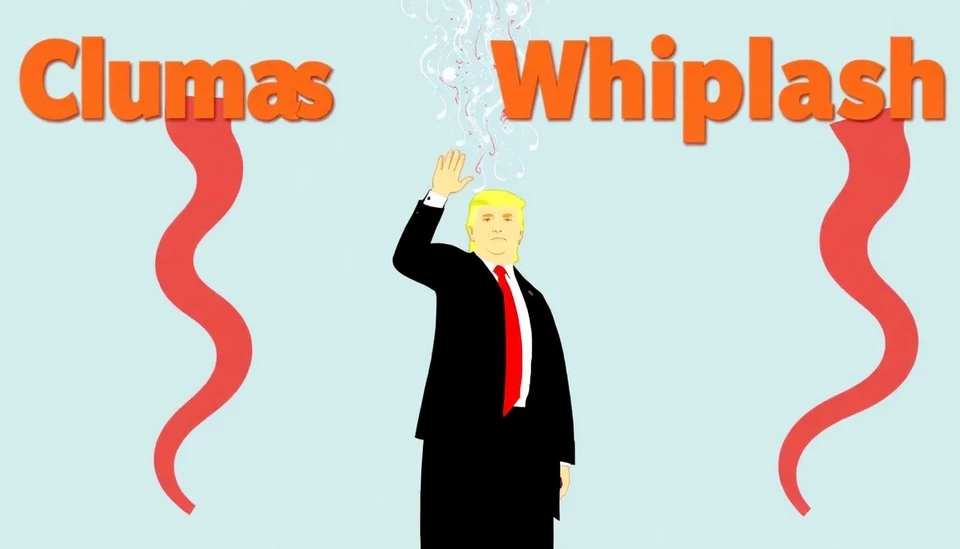
In a surprising turn of events, former President Donald Trump has continued to make headlines with his fluctuating stance on climate change and environmental policies. Just recently, Trump has shown signs of a renewed interest in environmental issues, a significant shift from his administration's previous disengagement from climate science and international agreements.
During Trump’s presidency from 2016 to 2020, he was widely criticized for rescinding numerous environmental protections and withdrawing the United States from the Paris Agreement, which aimed to tackle global warming. His administration was marked by a clear prioritization of economic growth over environmental concerns, leading to a decline in federal climate initiatives. Trump's narratives often painted environmental regulations as job-killers, leveraging support from industries such as fossil fuels.
However, as the 2024 presidential campaign heats up, there appears to be a strategic pivot in Trump's messaging regarding climate change. Recent events suggest that he is trying to re-engage with voters who are increasingly concerned about environmental issues. Trump's shifts seem aimed at capturing the attention of a constituency that values sustainable practices, particularly younger voters who prioritize climate action in their civic engagements.
At a recent rally, Trump made headlines by addressing climate change in a way that was markedly different from his previous rhetoric. He acknowledged the realities of climate change, indicating a willingness to discuss the implications of environmental policies and how they could relate to American jobs and energy independence. This new narrative is part of a broader campaign strategy to attract a diverse voter base.
Experts suggest that Trump’s turn towards environmental discussions could be a response to increasing pressure from both the public and the scientific community. As natural disasters, erratic weather patterns, and scientific evidence of climate change grow more severe, there’s mounting evidence that voters are prioritizing climate policy. The shifting tides of public opinion could potentially influence Trump's strategies as he seeks to solidify his voter base for the upcoming election.
Critics, however, are skeptical of Trump's newfound stance. They point out that his past actions do not align with his current rhetoric, viewing it as a mere tactic to garner votes rather than a genuine commitment to environmental sustainability. Activists have expressed concern that without concrete policies or a detailed plan, Trump’s statements may be seen as hollow promises aimed at boosting his popularity rather than actual environmental reform.
The implications of Trump’s evolving viewpoint on climate change could be significant not only for his campaign but also for the broader political landscape in the U.S. His ability to reconcile his past actions with a forward-looking environmental agenda will be closely scrutinized. With environmental issues at the forefront of national discussions, voters will undoubtedly be questioning how a Trump-led administration would approach these critical challenges.
As the political climate continues to change, only time will tell how this “climate whiplash” will impact Trump's standing among voters who care deeply about the environment. Combined with the fast-changing dynamics of American politics and old habits, there is no doubt that the conversation around climate change will evolve as we head towards the elections.
In summary, Trump’s surprising turn towards a more environmentally-aware message signifies a potential sea change in political narrative, albeit one shaded heavily by his controversial history. This development could reshape voter priorities and strategies leading into a pivotal election year.
#Trump #ClimateChange #EnvironmentalPolicy #2024Elections #PoliticalStrategy #ClimateWhiplash #ParisAgreement
Author: Peter Collins




